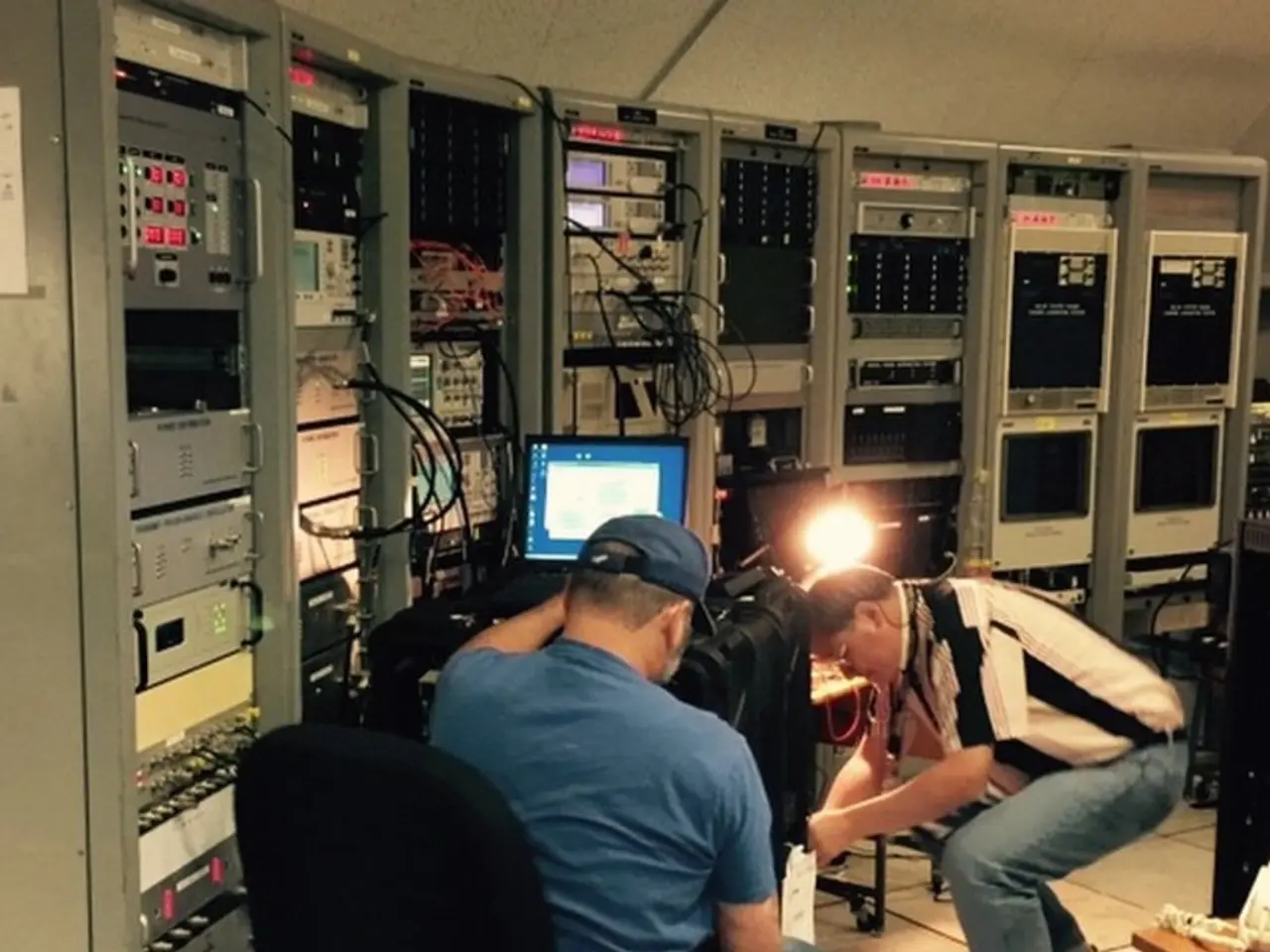Evolution of Staffing and Hiring Practices in the Future
In today's dynamic business landscape, the intersection of remote work and technology is transforming the recruitment and diversity landscape in significant ways. Here's a closer look at how these factors are shaping modern work environments.
## The Transformative Power of Remote Work
One of the most profound changes brought about by remote work is the dismantling of geographical boundaries. Companies can now tap into a global talent pool, hiring skilled professionals from around the world, including those from developing nations [4]. This not only increases the diversity of the workforce but also reduces recruitment costs and increases hiring efficiency.
However, companies insisting on Return-to-Office (RTO) policies face challenges such as longer hiring times and increased costs. In contrast, remote-friendly companies enjoy lower turnover rates and higher employee satisfaction [3].
## Empowering Diversity Through Remote Work
Remote work offers significant benefits for underrepresented groups, including working parents, caregivers, people with disabilities, and employees from diverse backgrounds. It provides better work-life balance and eliminates physical barriers often present in traditional workplaces [1][2].
Flexible work arrangements are particularly beneficial for women and people of colour, who often face more barriers in traditional office environments. This includes reduced commute times and fewer microaggressions [1]. As a result, remote work increases the representation of diverse talent in the workforce, contributing to a more inclusive and equitable work environment [4].
## The Role of Technology in Facilitating Change
Technology has been instrumental in enabling remote work by providing tools for communication, collaboration, and management. Platforms like Zoom, Slack, and Microsoft Teams have made remote teamwork seamless [4].
In addition, technologies and platforms such as Upwork, Toptal, and Deel have simplified the process of hiring and managing remote and international talent, further enhancing diversity and global reach [4]. As technology continues to evolve, workplaces are adapting to become more "remote-first," which may redefine traditional office spaces and operations [4].
## The Rise of the Gig Economy and Freelancing
The gig economy and freelancing are also playing a crucial role in this transformation. They offer immense freedom for individuals and provide businesses with the agility to adjust their workforce based on immediate requirements. Freelancers offer access to niche skills that may not be present within a company's existing workforce [6].
Project-based hiring enhances agility, minimizing the necessity for long-term commitments [7]. Data analytics enhances decision-making by offering insights into hiring trends and candidate success rates [8]. AI tools streamline the screening process by filtering resumes based on set criteria [5].
In conclusion, the impact of remote work and technology on recruitment and diversity in the workforce is multifaceted and transformative. The newfound flexibility in work arrangements is likely to remain, fostering talent recruitment that crosses geographical borders. By fostering diversity and inclusion, these changes are not only making workplaces more equitable but also driving creativity, innovation, and business success.
For more insights into the gig economy and freelancing, visit Recruitment Web Design (https://www.fastrecruitmentwebsites.com) [9].
References: [1] https://www.forbes.com/sites/forbeshumanresourcescouncil/2020/11/12/why-remote-work-is-a-game-changer-for-women-of-color/?sh=7c9d7c8f2f4a [2] https://www.fastcompany.com/90476463/the-new-rules-of-remote-work-for-diversity-and-inclusion [3] https://www.fastcompany.com/90509941/5-ways-remote-work-is-good-for-business [4] https://www.fastcompany.com/90505343/how-the-gig-economy-is-changing-the-way-we-work [5] https://www.fastcompany.com/90511514/how-ai-is-changing-the-way-companies-hire [6] https://www.fastcompany.com/90476463/why-remote-work-is-a-game-changer-for-women-of-color/ [7] https://www.fastcompany.com/90509941/5-ways-remote-work-is-good-for-business [8] https://www.fastcompany.com/90511514/how-ai-is-changing-the-way-companies-hire [9] https://www.fastrecruitmentwebsites.com/
- Remote work, supported by technological platforms, has dismantled geographical barriers, enabling companies to hire skilled professionals from around the world, thus increasing diversity in the workforce.
- The gig economy and freelancing provide businesses with the agility to hire skilled individuals for project-based work, accessing niche skills not available within their current workforce.
- By offering flexibility and eliminating physical barriers, remote work benefits underrepresented groups, such as working parents, people with disabilities, and employees from diverse backgrounds, contributing to a more inclusive and equitable work environment.
- As technology continues to advance, it streamlines the hiring process, using AI tools to filter resumes based on set criteria and offering data analytics to enhance decision-making, making workplaces more efficient and adaptable to changes in the recruitment landscape.




